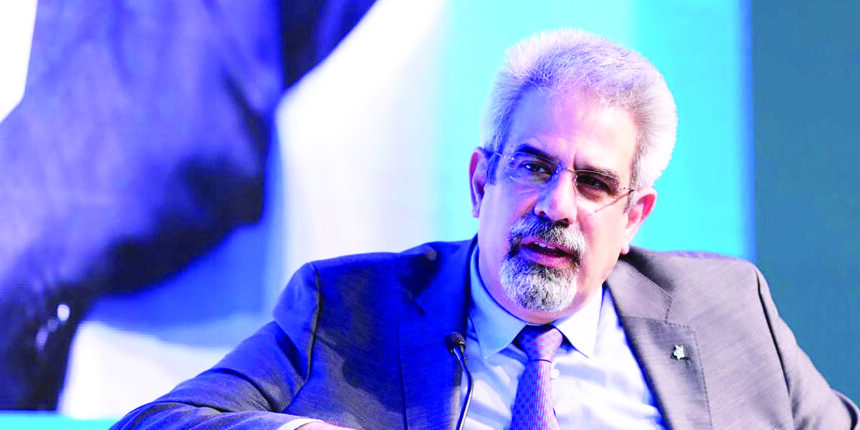The International Air Transport Association (IATA) called on Africa’s governments to take advantage of a strengthening aviation sector to maximise its benefits for economic and social development across the continent.
Recently, IATA announced that Africa’s airlines are expected to earn a collective net profit in 2024 for the second year in a row. That is a welcome and hard-won result reflecting the sector’s resilience in its post-Covid recovery. The expected US$100 million (N$1.8 billion) profit, however, translates into just 90 cents per passenger—well below the global average of US$6.14.
“Africa’s airlines are making a collective profit. That is good news. But it is razor-thin, and well below the global benchmark. And there are wide variations across the continent, where many individual airlines still struggle with losses. The demand to travel is there. To meet it, the African airline sector needs to overcome many challenges, not least of which are infrastructure deficiencies, high costs, onerous
taxation and the failure to broadly implement a continent-wide multilateral traffic rights’ regime,” said Kamil Al-Awadhi, IATA’s Regional Vice President for Africa and the Middle East.
“The challenges facing African aviation are significant, but they are not insurmountable. IATA’s Focus Africa initiative is by no means a panacea, but it does lay out a framework to build a stronger aviation sector that will provide even better support to economic growth and social development. The prize for working together across the continent for safe, efficient and sustainable air connectivity is well-worth focused policy efforts across the continent,” said Al-Awadhi.
In terms of IATA’s 2024 financial outlook, African airlines’ profit per passenger is expected to reach US$0.9, nearly doubling the 2023 figure of US$0.5, reflecting improved operational efficiency and increased demand, but well behind the global average of US$6.14. In addition, profit margins for African carriers are anticipated to be 0.6% of revenue, up from 0.4% in 2023. This remains significantly lower than the global net profit margin of 3.1%. The positive news is that the load factor is expected to reach 61.9%, slightly ahead of the 59.8% breakeven load factor for African Airlines.
In the safety sphere, Africa had no jet hull losses in 2023, for the second year in a row. Moreover, the continent recorded no fatalities in commercial aviation accidents in 2023, as presented in the IATA Annual Safety Report. The all accident rate for Africa was 6.38 per million sectors which is an improvement on the five-year average of 7.11.
Single transport market
The Single African Air Transport Market (SAATM) seeks to liberalise civil aviation across the continent by removing restrictions on traffic rights for African airlines. SAATM provides Africa with a ready-made mechanism to drive economic growth, but few governments have taken the steps needed for its implementation. Moreover, an IATA analysis of 607 bilateral air service agreements (BASAs) in Africa revealed limitations on the development of intra-Africa connectivity because the implementation over half of these agreements was being compromised.
“Non-compliance of by African governments BASA’s is a major
obstacle to achieving seamless regional connectivity and growth in the African aviation sector. To develop economy-boosting intra-Africa connectivity, Africa’s governments must back
SAATM with actions,” IATA stated.
The development of connectivity in Africa also requires certainty that markets will abide by global standards with respect to the repatriation of funds from sales activities. Airlines still struggle with the inability to repatriate blocked funds efficiently and in line with international agreements and treaty obligations in several African markets.
The amount of blocked funds in African countries in June 2024 stood at US$880 million, just over 52% of the US$1.68 billion in blocked funds globally. This is an improvement following Nigeria clearing 98% of the total funds blocked (US$831 million).
“The potential for aviation in Africais huge. It has 17% of the world’s population, yet only contributes about 2% of total global travel. While there are hurdles to overcome, through collaborative initiatives like Focus Africa with our partners including AFCAC, AFRAA and AASA, we are addressing critical challenges hindering the advancement of aviation across Africa. Our goal is a safer, more efficient and better-connected continent, driven by a diverse, skilled workforce to unleash aviation’s potential and unlock the economic and social opportunities,” said Al-Awadhi.



